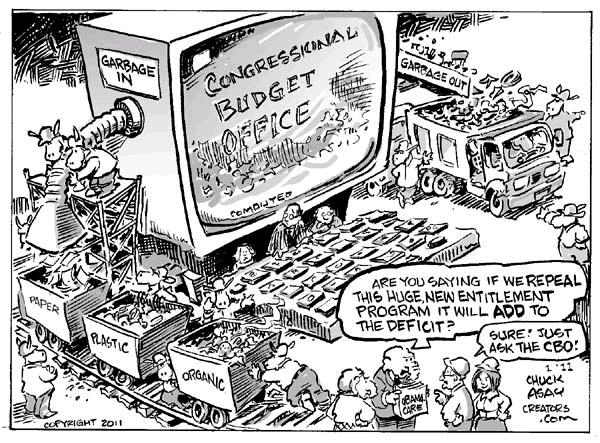 The Minnesota Vikings were a racially integrated team from their very first game … yet not quite fully integrated, as this post on the team’s official web site explains:
The Minnesota Vikings were a racially integrated team from their very first game … yet not quite fully integrated, as this post on the team’s official web site explains:
Six African Americans out of 42 total players appear in the first team photo in franchise history: Jim Marshall, Jamie Caleb, Mel Triplett, A.D. Williams, Raymond Hayes and John Turpin.
A color barrier that lasted 13 years in professional football had been broken in 1946 by Bill Willis and Marion Motley of the Cleveland Browns (as a member of the All-America Football Conference) and Kenny Washington and Woody Strode (both teammates at UCLA with Jackie Robinson) of the NFL’s L.A. Rams.
The expansion Vikings were able to acquire veterans from other teams. Marshall, Caleb and Williams came from the Browns (which joined the NFL in 1950), Triplett came from the New York Giants, and Hayes was the first African American player drafted out of Central Oklahoma by Minnesota in the 13th round with the 169th overall pick.
Players of that era were taking the field as one team, but weren’t allowed to have roommates of a different race. On road games, particularly to the “Jim Crow” South but also places like Miami and Los Angeles, reservations were booked at separate hotels, and black teammates often were refused service at restaurants.
“There was a definite separation there, and it was a separation that was enforced by the teams,” said Marshall before recalling a trip while with Cleveland to a posh Miami Beach hotel.
“We pulled up to the Fontainebleau and white players were let out at the Fontainebleau and black players were sent to an inner-city hotel owned by a black gentleman that of course was a very good host for us,” Marshall said. “We could play on the field together, but we couldn’t room together, and now we couldn’t stay in a hotel together.”




